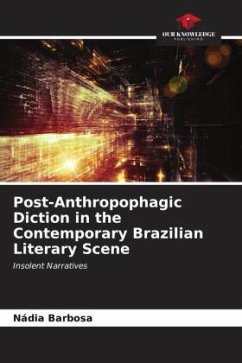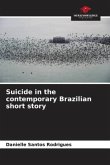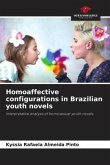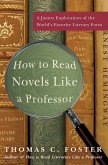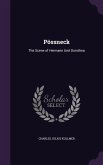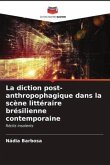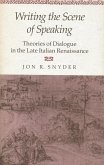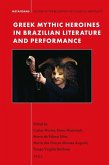This book investigates the extent to which the thematic and formal implications of the language of fiction at the turn of the 20th to the 21st century - with a variety of diction that is imposed on Brazilian literature - illuminate questions about contemporary subjectivity and shed light on the country's history. The research favoured the confrontation between the fictional text and a set of extra-literary particularities that shape the times in which we live. The novels, which are the subject of this study, although they are the centre of attention, are never in isolation, because today it can be seen that the artistic text is constituted and affirmed as a dialogical space of heterogeneity, in which various points of intersection are created between it and other texts and between this art and other aesthetics, thus bringing together various expressions of language. In the end, we come across a rich production, signalling a modernist surpassing, named in the text as post-anthropophagic, in line with the Brazilian temporality whose aesthetic demands call for a new, detached from classical models and not submitted to international modernity.

